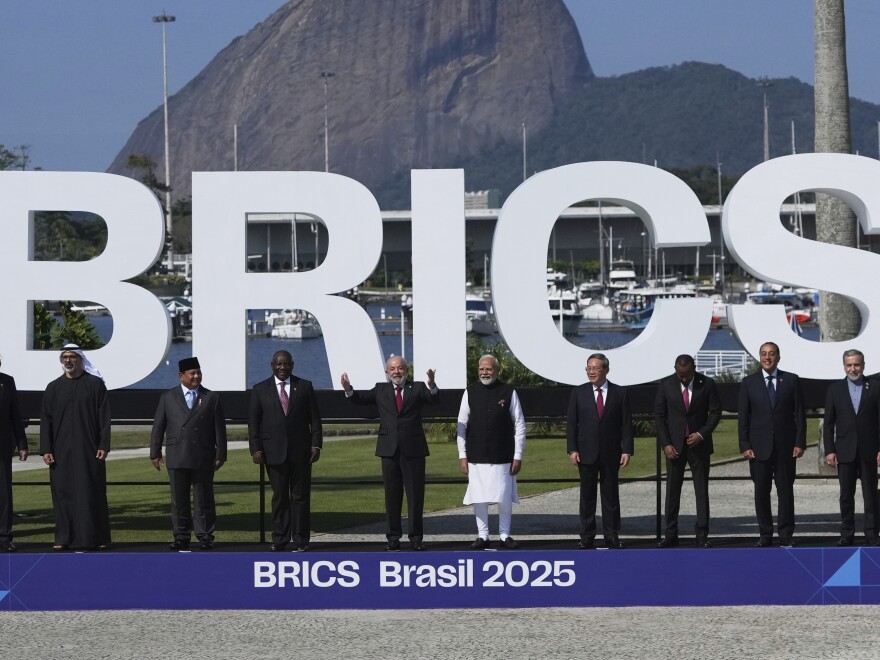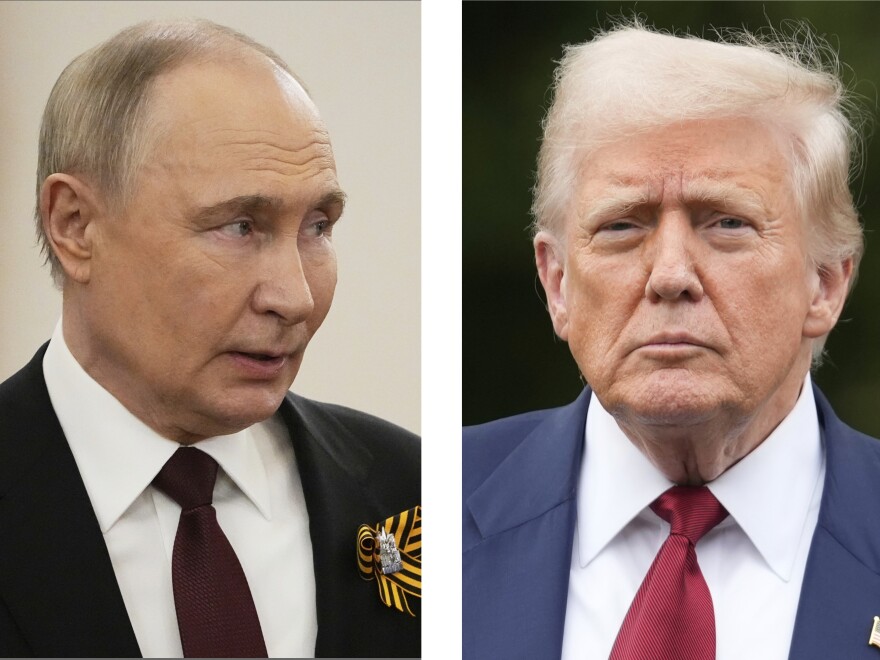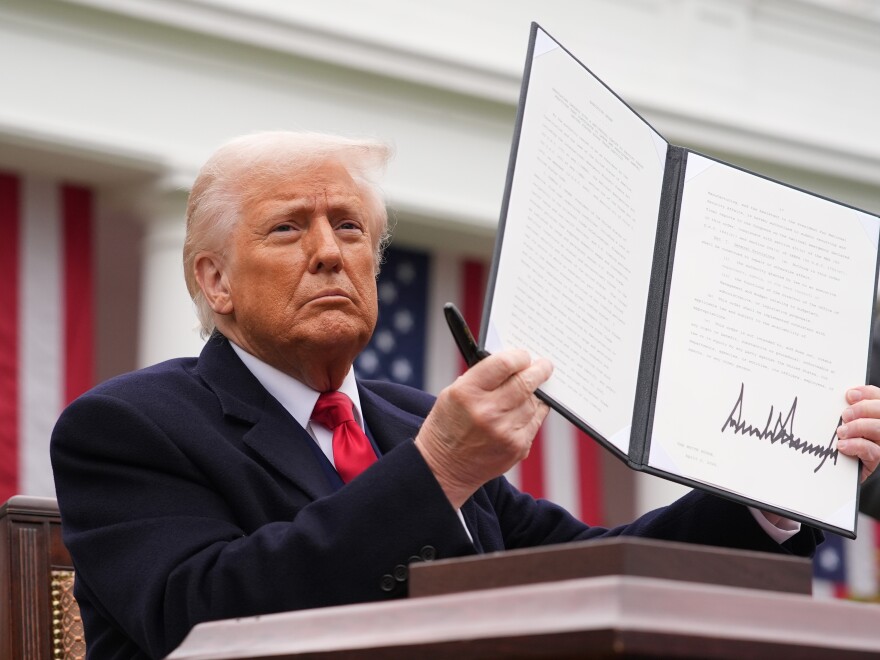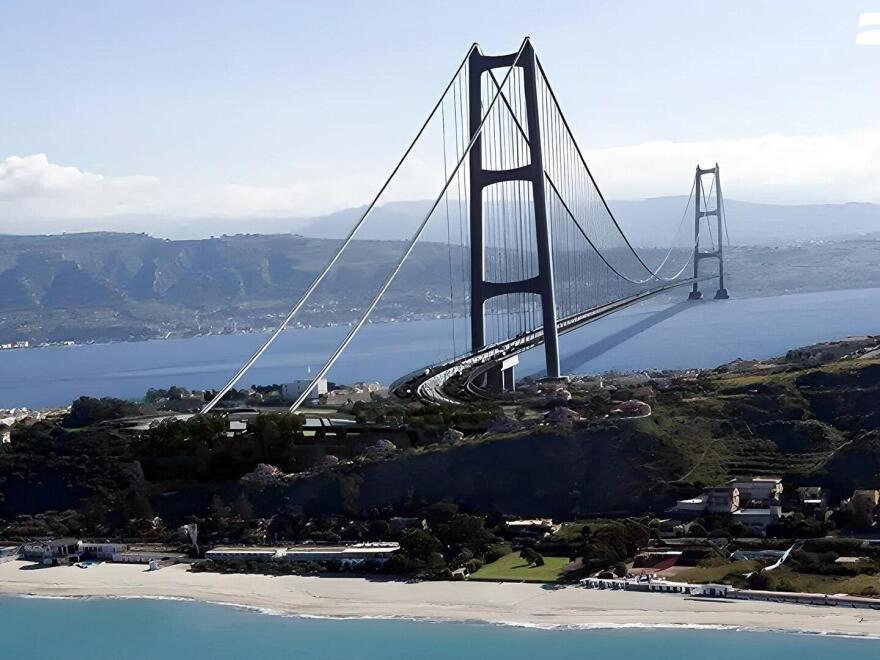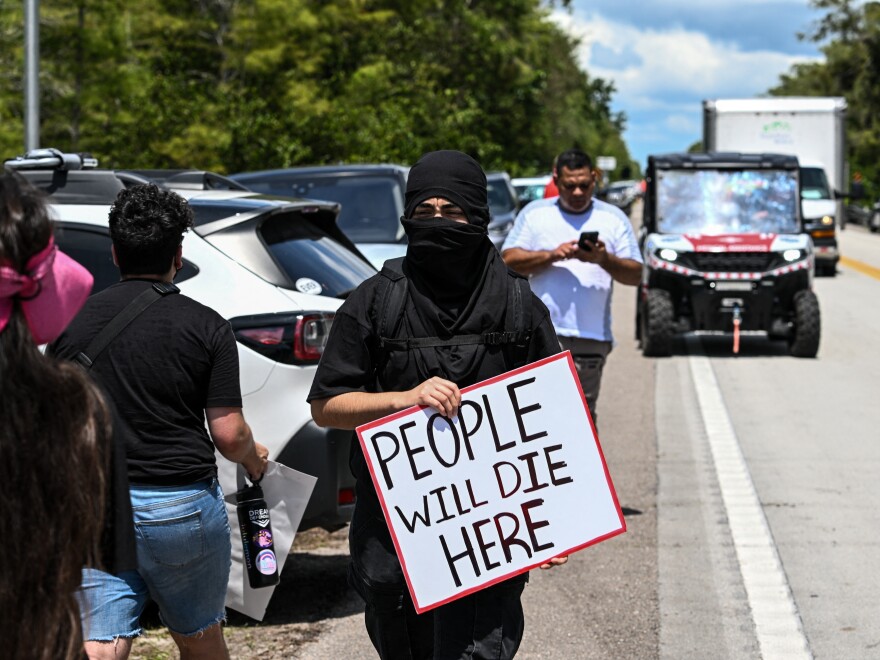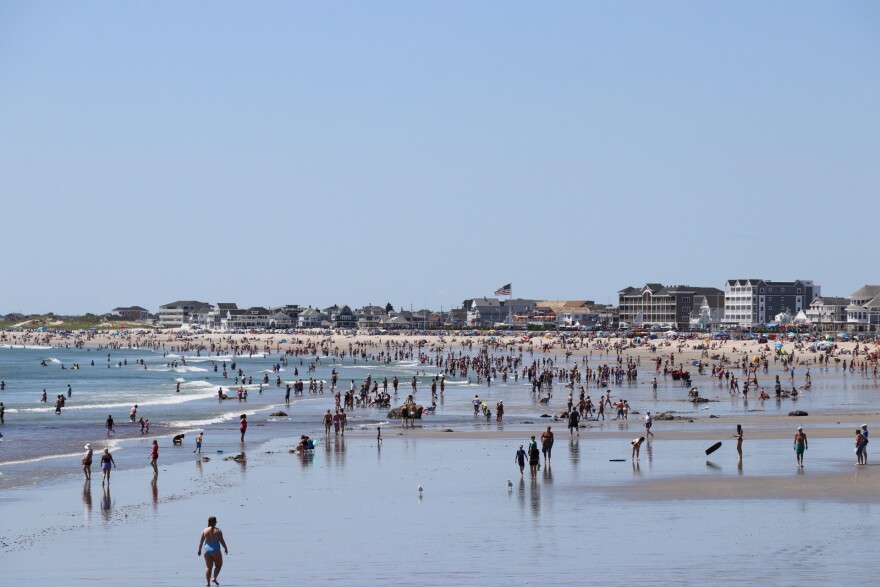Brazil’s Rio de Janeiro According to the president of Brazil, the most significant summit to date of the BRICS group of big rising economies has just ended.
But after President Donald Trump threatened to impose further tariffs, what was supposed to be a historic display of unity and power descended into turmoil. “Any nation that supports the BRICS’ anti-American policy will be subject to an additional 10% tariff. He said on Truth Social, “There will be no exceptions to this policy,” without specifying which rules he was referring to.
President Luiz Incio Lula da Silva of Brazil, who hosted the summit, quickly reacted to it, calling Trump’s remarks dangerous.
“It’s not right for a president of a country the size of the United States to threaten the world online,” Lula stated in his concluding speech on Monday, adding, “We don’t want an emperor, we are sovereign countries.”
Presenting a cohesive Global South alternative to the West was the goal of the yearly BRICS conference, which brought together founding members Brazil, Russia, India, China, and South Africa together with new members Indonesia, Ethiopia, and Iran.
However, the group released a low-key final statement that refrained from mentioning Trump or openly denouncing the United States, seemingly in an effort to avoid upsetting Washington. Oliver Stuenkel, a professor of international affairs at FGV University in Brazil, claims the attempt backfired.
“They probably believed they could fly under Trump’s radar if they didn’t mention the U.S.,” he stated. “But that clearly failed.”
South Africa, a founding member of BRICS, joined the Trump controversy as well.When journalists attended the meeting, President Cyril Ramaphos warned them that “the powerful should not seek vengeance against those working for good in the world.” China denounced the use of tariffs as a diplomatic tool of coercion.
By openly endorsing former President Jair Bolsonaro, Lula’s political adversary who is presently on trial for his attempts to alter the results of the 2022 election, Trump further heightened tensions. Lula remained silent.
The group toned down criticism of its own members while hurling scathing remarks at the humanitarian situation in Gaza and growing U.S. tariffs. Vladimir Putin of Russia received little criticism for the conflict in Ukraine. In its 31-page statement, the group condemned recent Ukrainian attacks on Russia “in the strongest terms” but made no mention of the conflict in Ukraine.
Iran was set up as a target of Israeli attacks rather than for its nuclear program. Israel, on the other hand, was brought up more than a dozen times, allegedly responsible for the strikes in Syria and Lebanon as well as the deteriorating humanitarian situation in Gaza.
Important absences from the conference were also noteworthy. Foreign Minister Abbas Araghchi was sent in place of Iranian President Masoud Pezeshkian, who was supposed to be present before to the Israeli and American attacks last month. President Putin participated virtually despite being the subject of an arrest order issued by the International Criminal Court for Ukraine. Premier Li Qiang represented Chinese President Xi Jinping.
Although the group’s expanding membership broadens its appeal, it also makes it more difficult to establish unanimity, which is shown in the group’s softer criticism of American attacks on Iran.
Lula maintained the BRICS long-term vision in spite of the disagreements.
“This is not a club of the privileged,” he stated. “It’s a group of nations trying to organize the world in a different way focused on people and development, not conflict.”
Lula is calling for a greater emphasis on development and climate as Brazil transfers the group’s rotating chairmanship. The summit’s conclusion served as a litmus test for the bloc’s future, where striking a balance between internal divisions and global ambition while averting Western criticism continues to be a challenging task.
Copyright 2025 NPR
